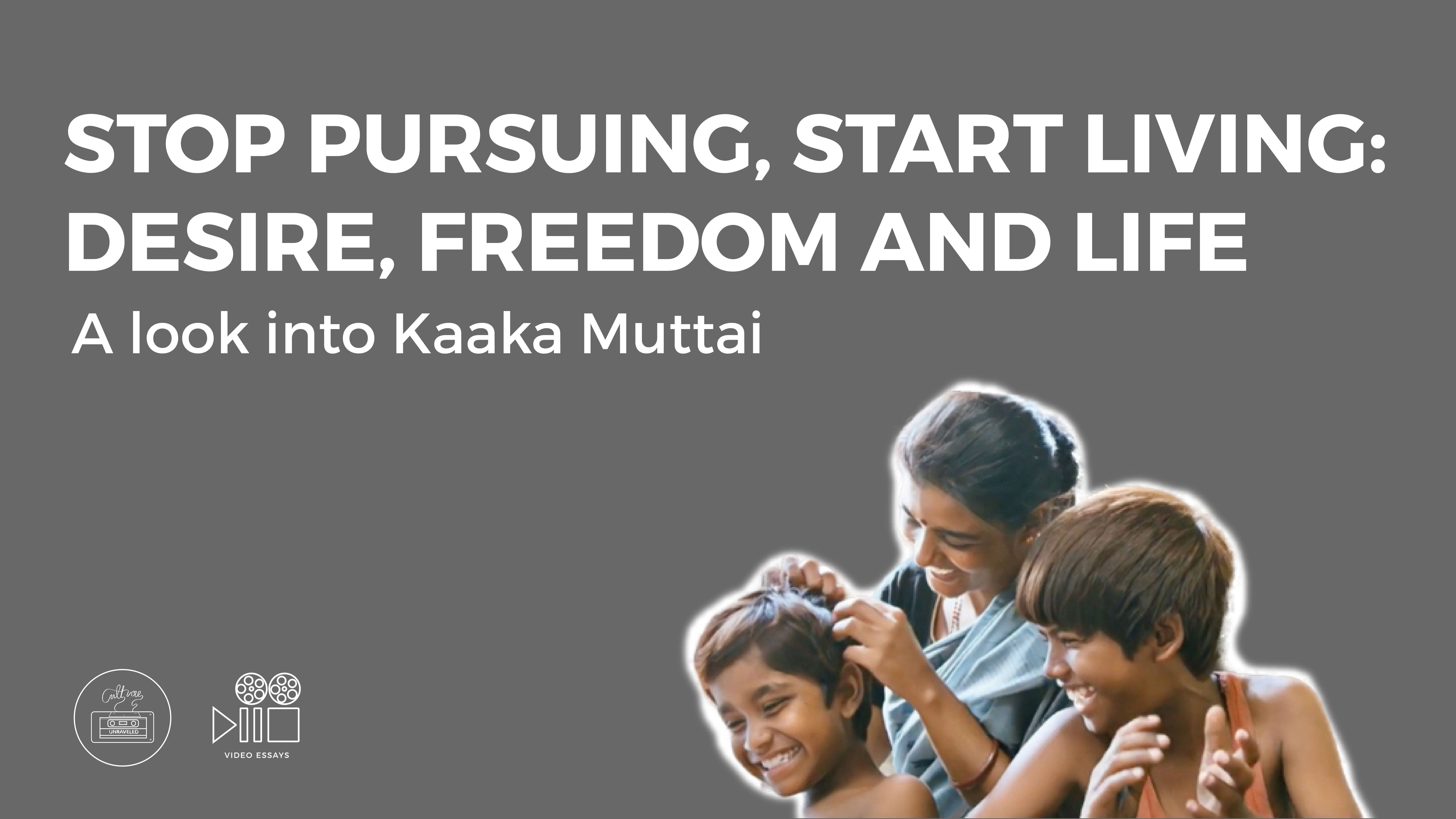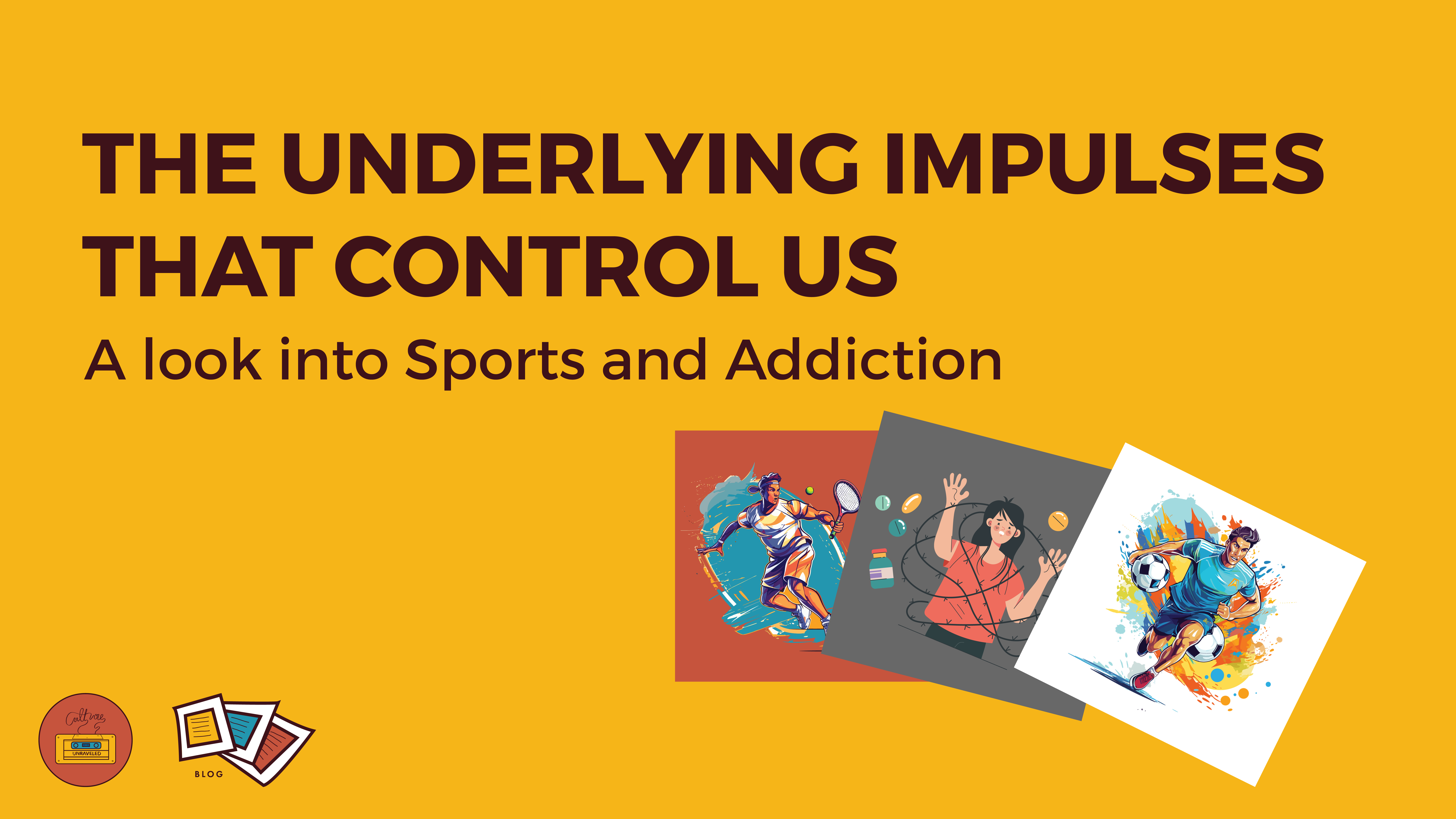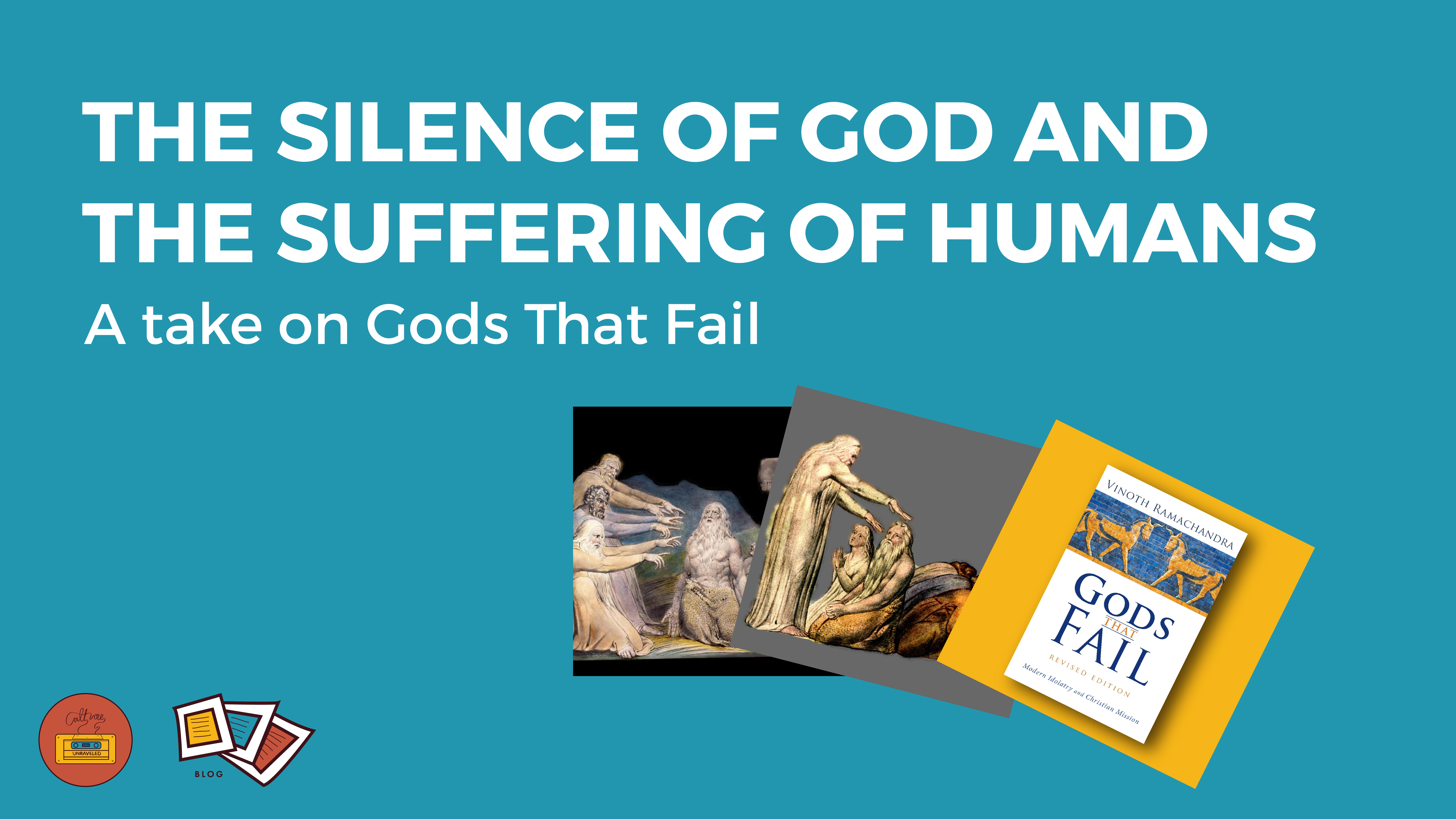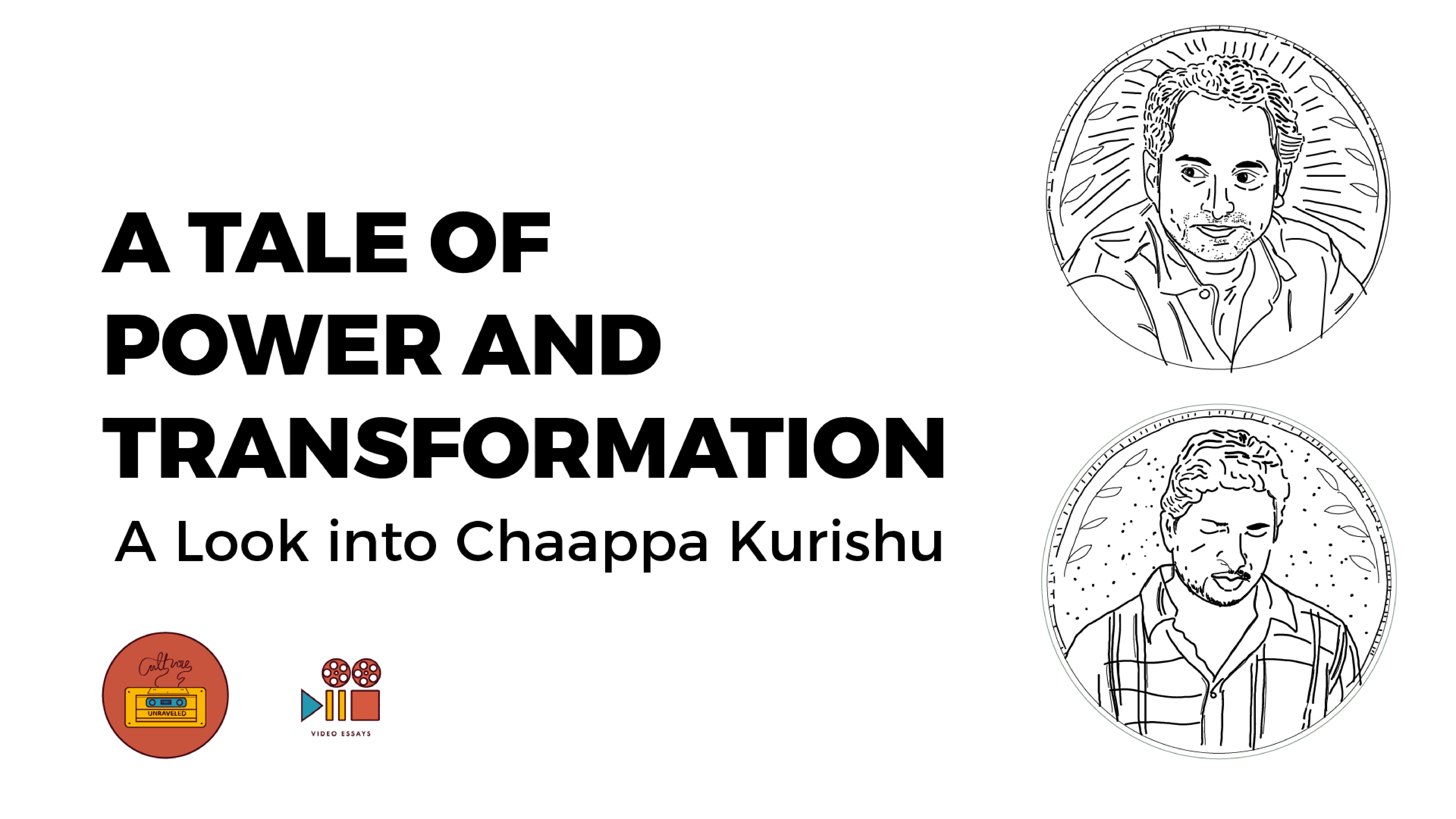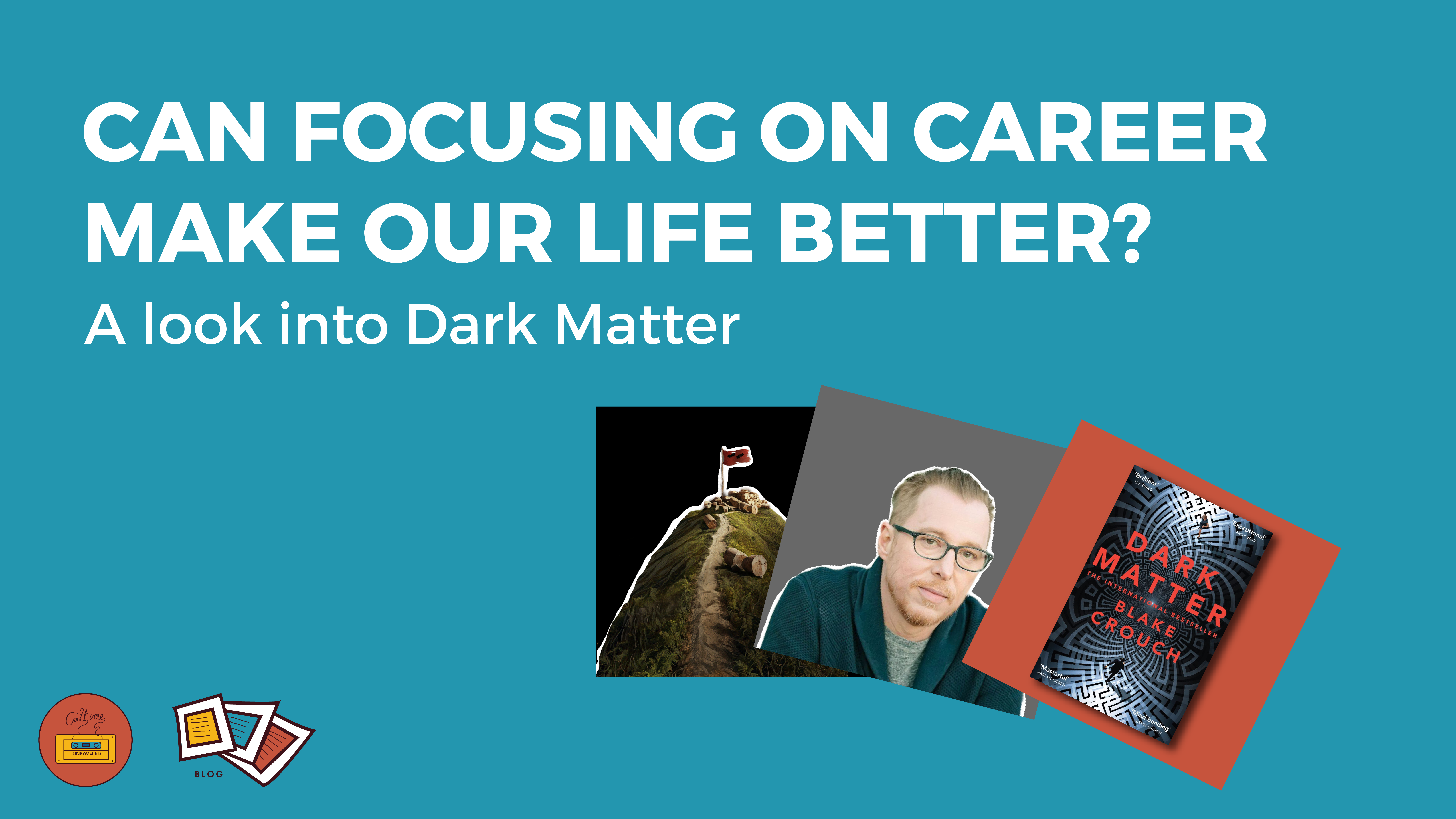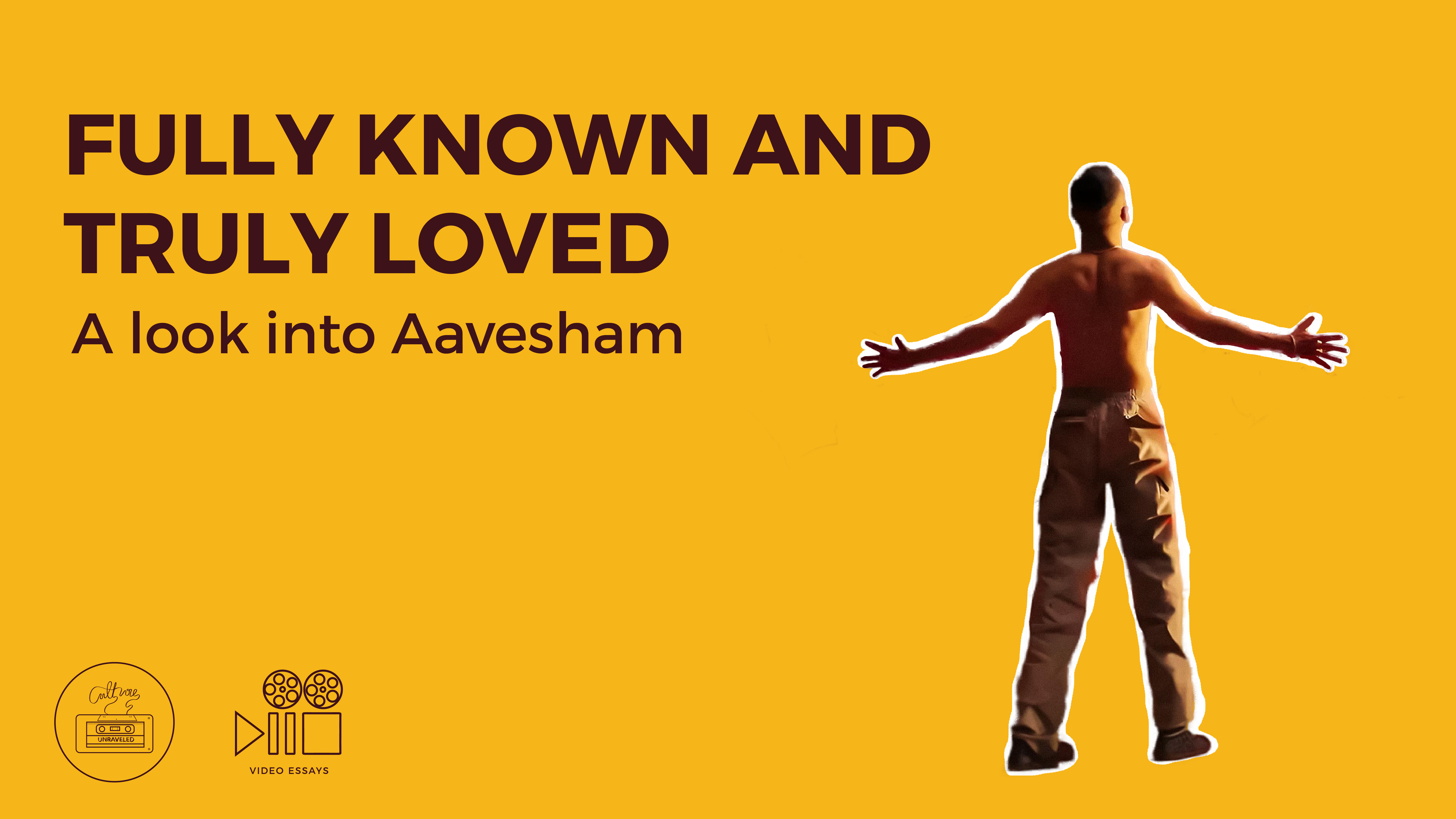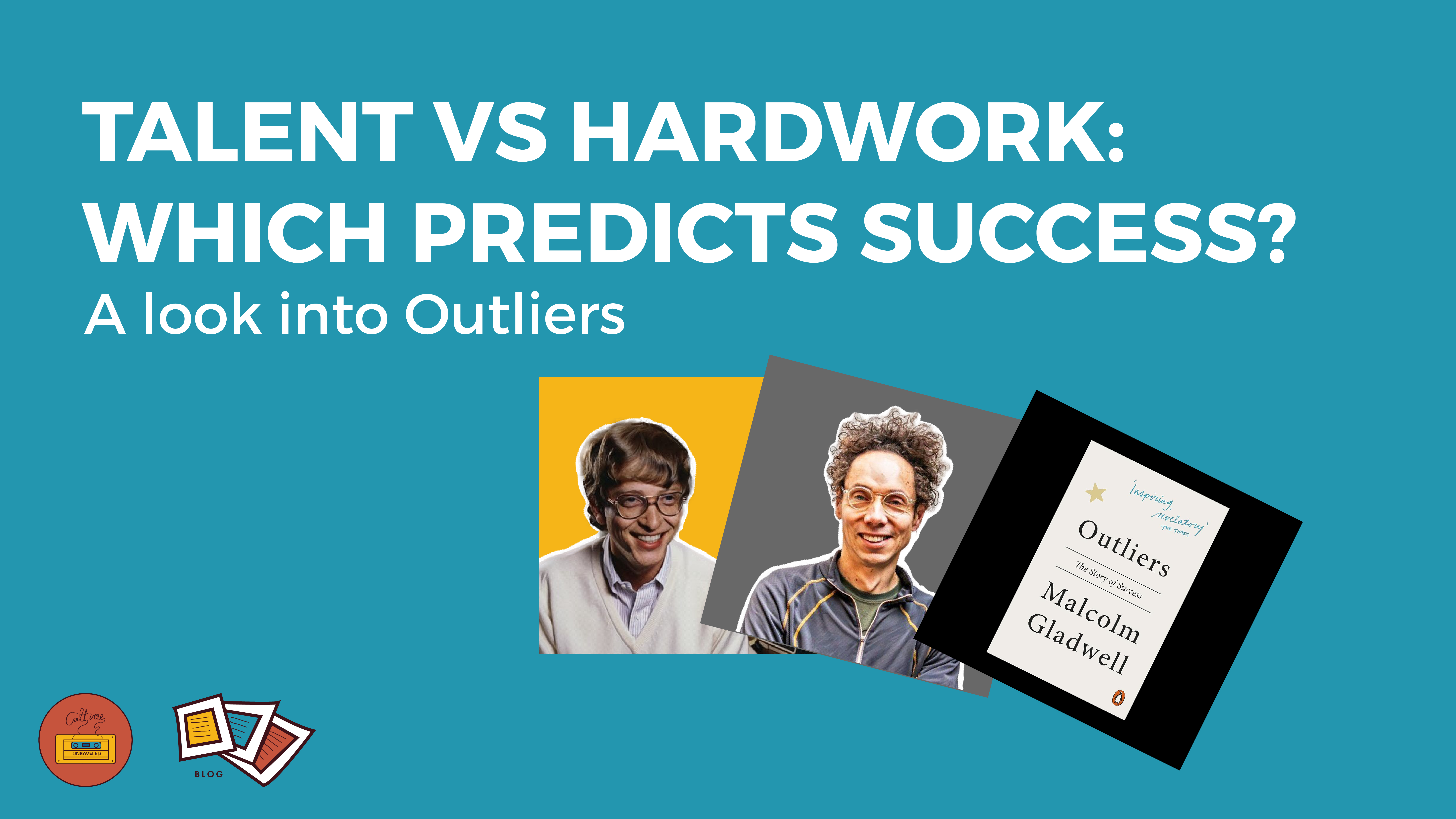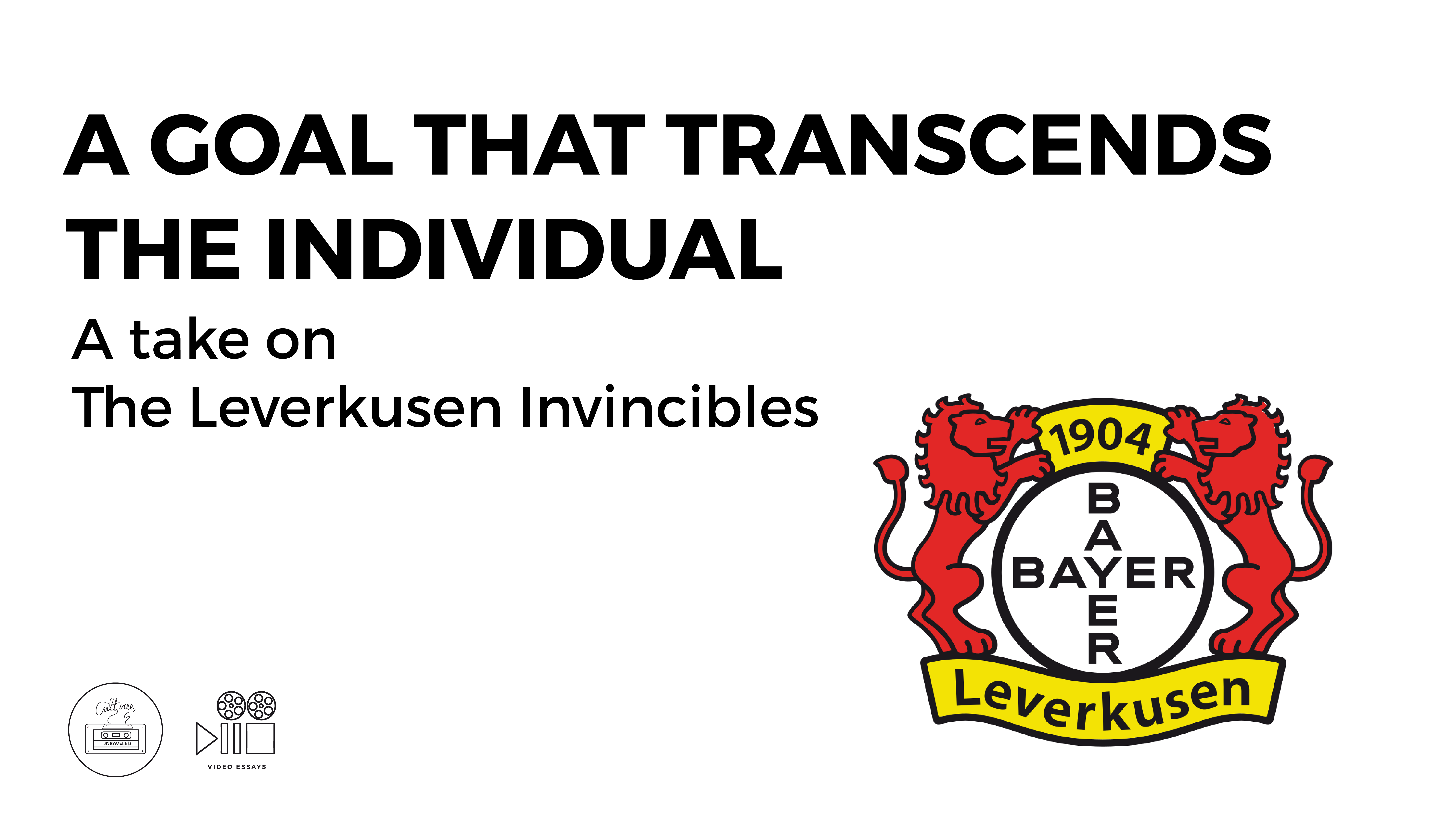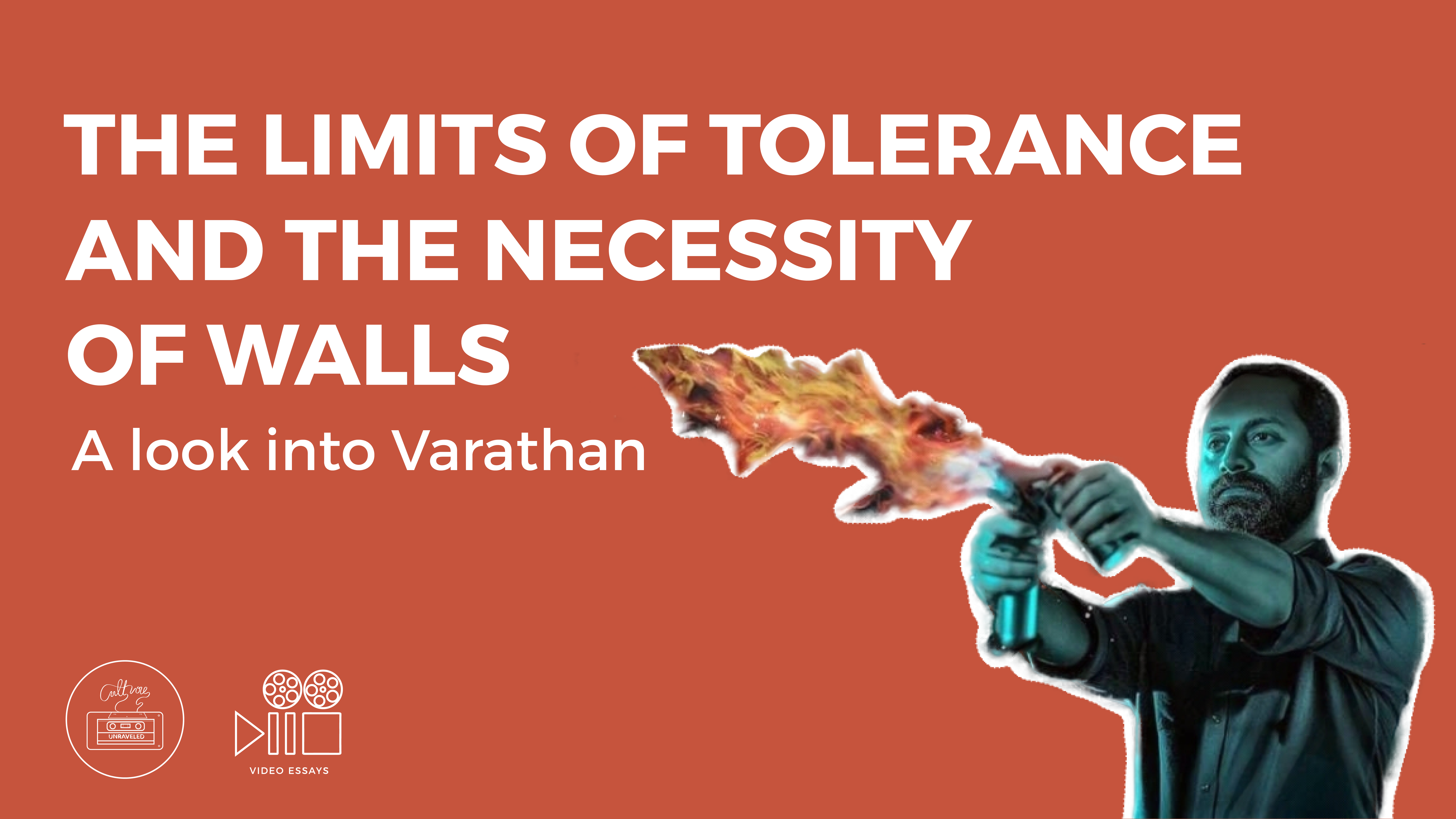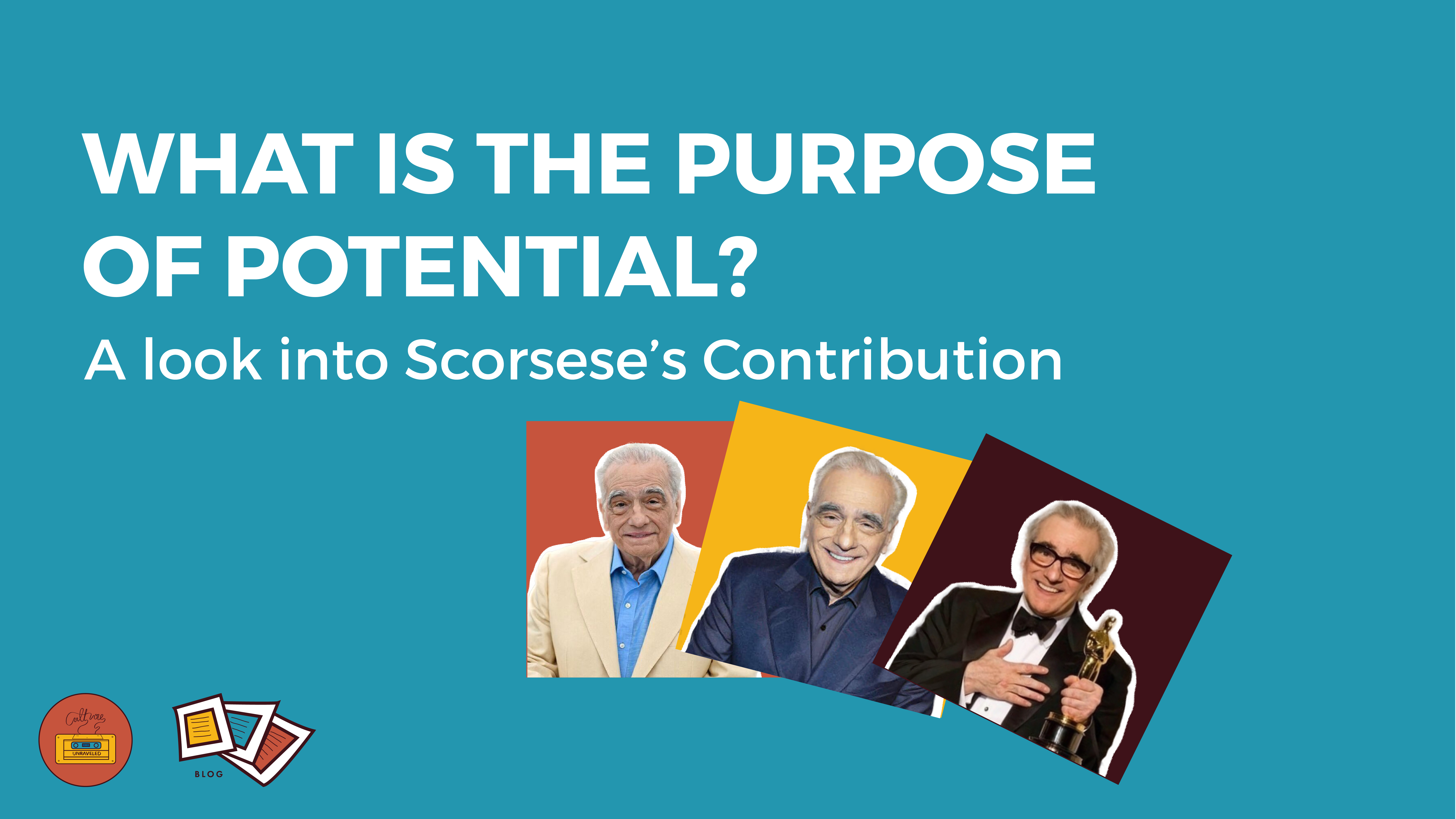
“I wish I could take a break for eight weeks and make a film at the same time. The whole world has opened up to me, but it’s too late. It’s too late. I want to tell stories, and there’s no more time”.
These are the words of an artist, who at his very core lives and breathes cinema, but at 80 years old, and as is clear from the quote; time has placed on him a harsh but inevitable finitude. The artist, of course, is Martin Scorsese.
His filmography can be inadequately categorised by topics like crime, greed, power, guilt & redemption, but it is the cinematisation of those windows that make these themes real and personal, pushing us to reflect.
Much like his films, the quote has many layers to it whether intended or not, each one profound on its own, but iconic together. It speaks of a man running out of time but still possessing the fire of one who has an abundance of it. The need, the craving for more time so he can further express himself more through his films, but the want for an excess of it so he can also rest without the pressure of having to create. A pressure that only exists because time places it on him. But, is that pressure a bad thing? Maybe not.
The quote actually exists almost as a companion piece to another quote from another iconic filmmaker, Akira Kurosawa. In the same interview that the quote is taken from, Scorsese refers to the legendary Japanese filmmaker’s remarks from a speech he made after receiving an Oscar – “Kurosawa, when he got his Oscar, when George Lucas and Steven Spielberg gave it to him, he said, ‘I’m only now beginning to see the possibility of what cinema could be, and it’s too late”.
By taking these two quotes together we can see what Scorsese is talking about on a more meaningful level. The harsh reality is that it very literally takes a lifetime to begin to understand the potential of what an art form or a medium or a passion can truly achieve, but once you’re able to grasp that potential, you’re left with little to no time to utilise that knowledge.
So if this is the constant controlling us, then what is the variable that is in our control? Perhaps the answer could be generalised into one word: Contribution.
It’s true that by the time these two masters of their craft understood the potential of it’s power, they didn’t have enough time to implement it to its full capacity, but what matters more, and frankly what means more is that, perhaps the goal isn’t for them to be able to harness the potential they’ve grasped, but for us to grasp the potential they’ve illuminated through their contribution.
So what does this mean for us? Does this mean that the only point of our contribution to our chosen fields or passions is for the people who come after us to utilise it? No. What it does mean is that in the case of these 2 artists, what they did achieve, was fulfilling their potential. They did exhaust their capabilities, they didn’t let their talent go to waste. Even though they felt they ran out of time, the time they did have was filled with them contributing their all to what they felt their purpose was.
If each one of us is made for a purpose then the closer we move towards that goal, the more meaningful our lives become. We might not be able to exhaust it or do it to perfection, but as long as we move closer in that direction and have the willingness to contribute with humility and in reverence we can do justice to what we were given.
_________________________________________
Written by Ben Joshua

